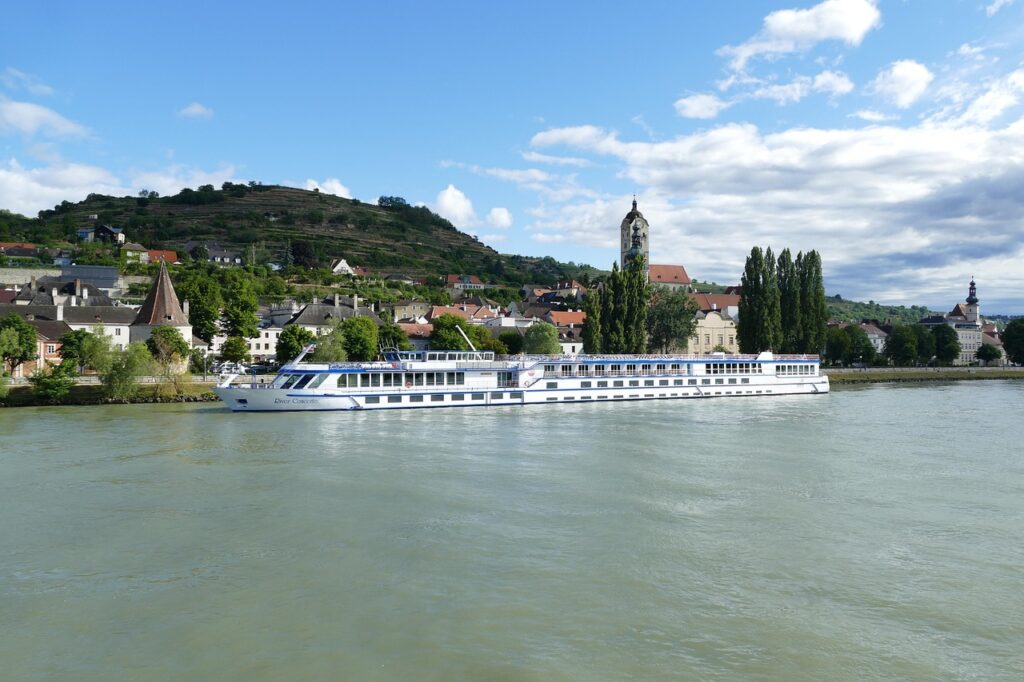The European Commission reported on Tuesday that most surface water bodies in the European Union are polluted by chemicals. This report highlights the poor condition of Europe’s water resources.
This year, the EU is developing plans to address water shortages and droughts, which are exacerbated by climate change. The plans will also tackle the significant pressures on water supplies from farming, pollution, and urban expansion.
According to the EU’s assessment, only 39.5% of surface water bodies, including lakes, rivers, and coastal waters, were in good ecological condition as of 2021. The report found that only 26.8% of these bodies had good chemical status, a decline from 33.5% in 2015.
While there were some partial improvements, such as in aquatic plants in lakes, these changes did not significantly improve the overall health of the water bodies.
The situation is more favorable for Europe’s groundwater bodies, with 86% achieving good chemical status. However, the data revealed that nitrates from farming are polluting groundwater supplies in most EU countries.
EU Environment Commissioner Jessika Roswall told Reuters last month, “The situation for water in the EU is in bad shape. We have taken water for granted for so long. And I think it’s time now that we have this mindset change.”
Addressing these issues will pose a political challenge. It will require confronting the significant impact of farming on water supplies, particularly through irrigation and pollution from nitrates in fertilizers that wash off fields.
Farmers across Europe demonstrated their political power last year by staging months of sometimes violent protests against EU regulations. This pressure led Brussels to scale back some environmental measures.
The Commission stated that more radical actions are necessary to combat nitrate pollution. However, it recognized that these measures could be politically challenging to implement.
With most countries expected to miss the EU target for all surface water to achieve “good” status by 2027, failure to take action could lead to legal consequences. The Netherlands is already facing a court order to significantly reduce nitrogen pollution, which harms water quality.
The EU may allocate more funds from its next budget to improve water supplies. However, these requests will compete with governments’ demands for increased EU spending on defense and industry.
Click here for more World news.


